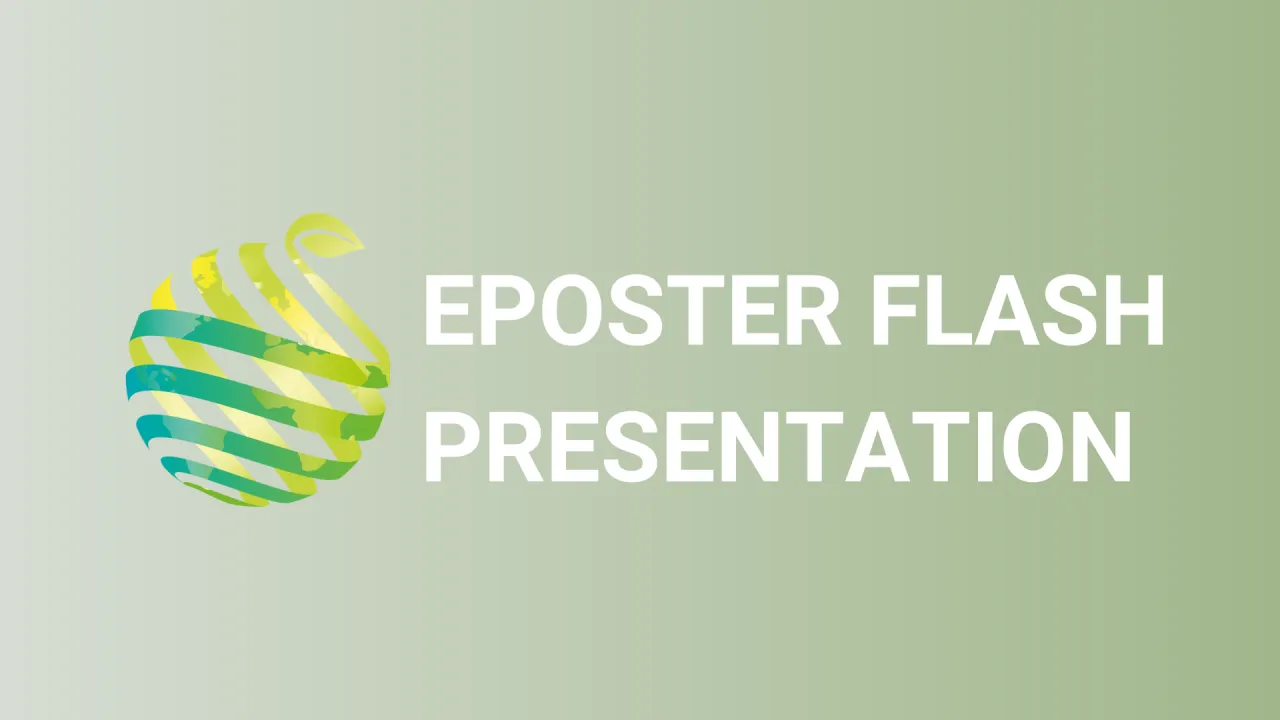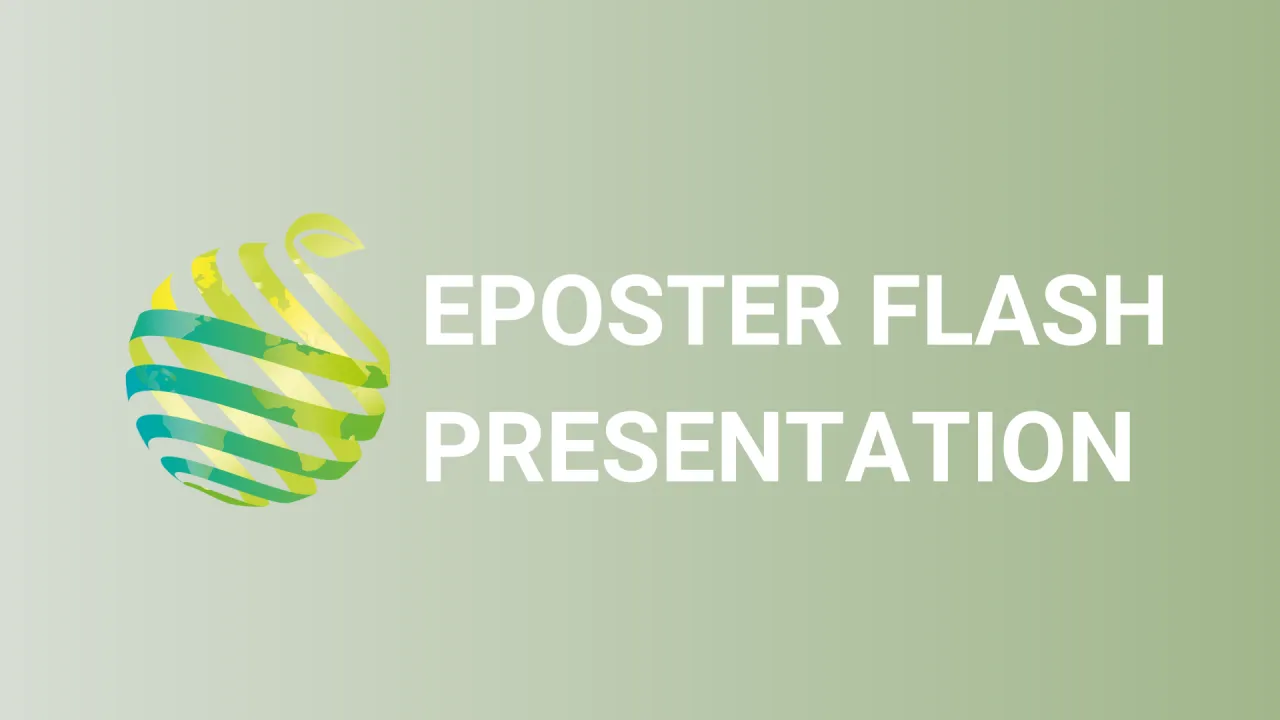

S14 - Session P3 - The effect of biological insecticides on predatory arthropods, commercial biological control agents
Information
Authors: Angeliki Paspati, Evangelia Karakosta, Maria Moustakli, Anastasia Tsagkarakou *
Predatory arthropods are the cornerstone of integrated pest management (IPM) programs, which often combine biological control with chemical methods, such as insecticides of conventional or biological origin. Insecticides of biological origin are natural toxins used to control herbivores and pathogens and are considered environmentally friendly due to their rapid decay and high selectivity. The aim of this study was to evaluate the toxicity of four bio-insecticides (Requiem ® , Eradicoat ® , Prev-Am ® , FLiPPER ® ) on two predatory mites (Acari, Phytoseiidae), Phytoseiulus persimilis Evans, which is a predator of tetranychids, and Amblyseius swirskii Athias-Henriot which is a generalist predator of small arthropods, such as whiteflies, thrips and herbivorous mites. Also, their toxicity was evaluated on the predatory insect Nesidiocoris tenuis Reuter (Heteroptera: Miridae), a natural enemy of whiteflies, which is widely used in IPM on tomato crops. We estimated the toxicity of the bio-insecticides on adults and their effect on the fertility of the predators, when exposed directly and indirectly through leaf residues. The bio-insecticide Requiem ® was not harmful to the predators A. swirskii, P. persimilis and N. tenuis (toxicity < 25%), nor did it affect their fertility. Eradicoat ® had moderate toxicity to mites ( < 50%) but was harmless to N. tenuis . Prev-Am ® had high toxicity ( > 50%) on mites and moderate on N. tenuis , while FLiPPER ® was highly toxic to all predators. Acknowledgements This research has been financed by the project Innovative tools for rational control of the most difficult-to-manage pests ("super pests") and the diseases they transmit. The project has received funding from the European Union's Horizon 2020 research and innovation program H2020-2016-2017, TOPIC: Innovations in plant protection (SFS-17-2017) under grant agreement number 773902 ( SuperPests ).